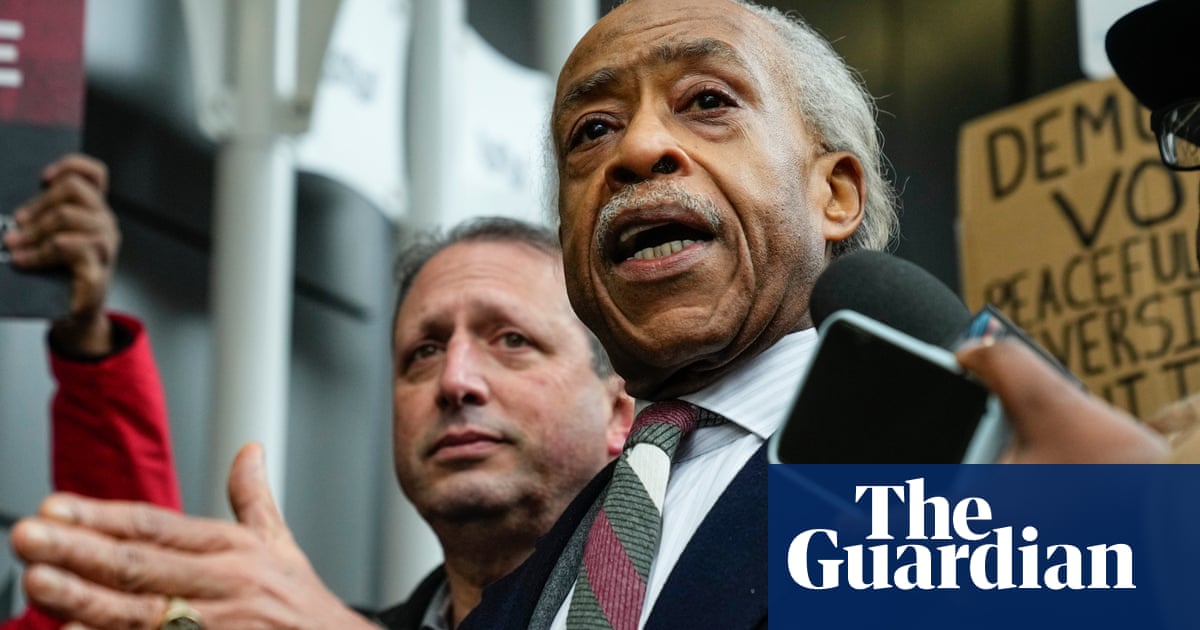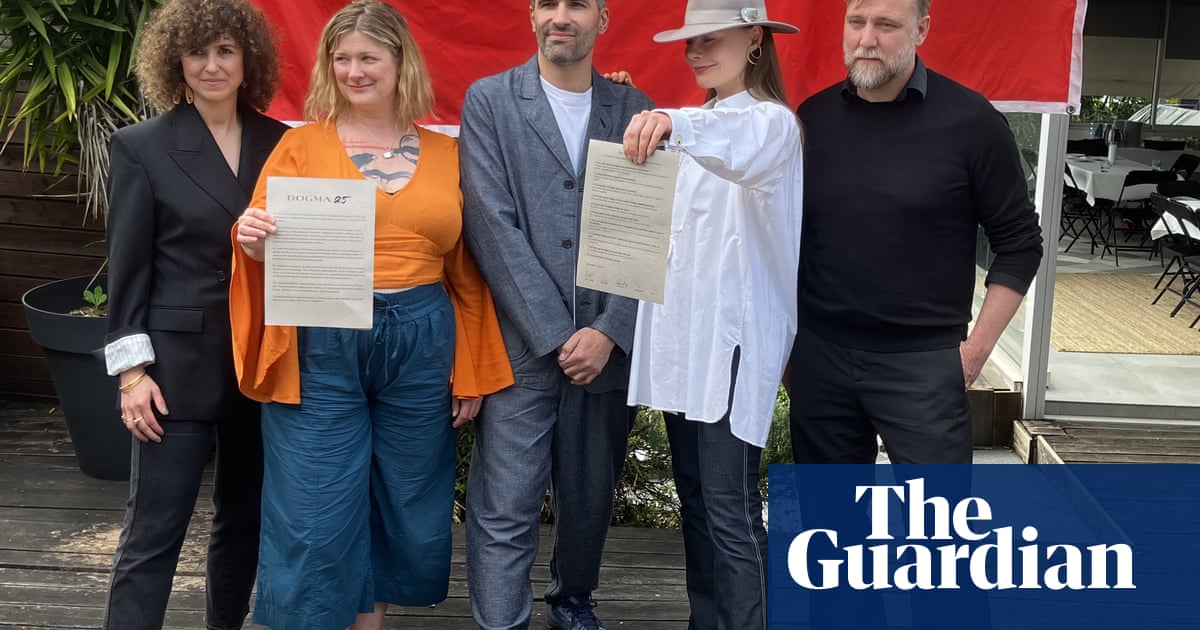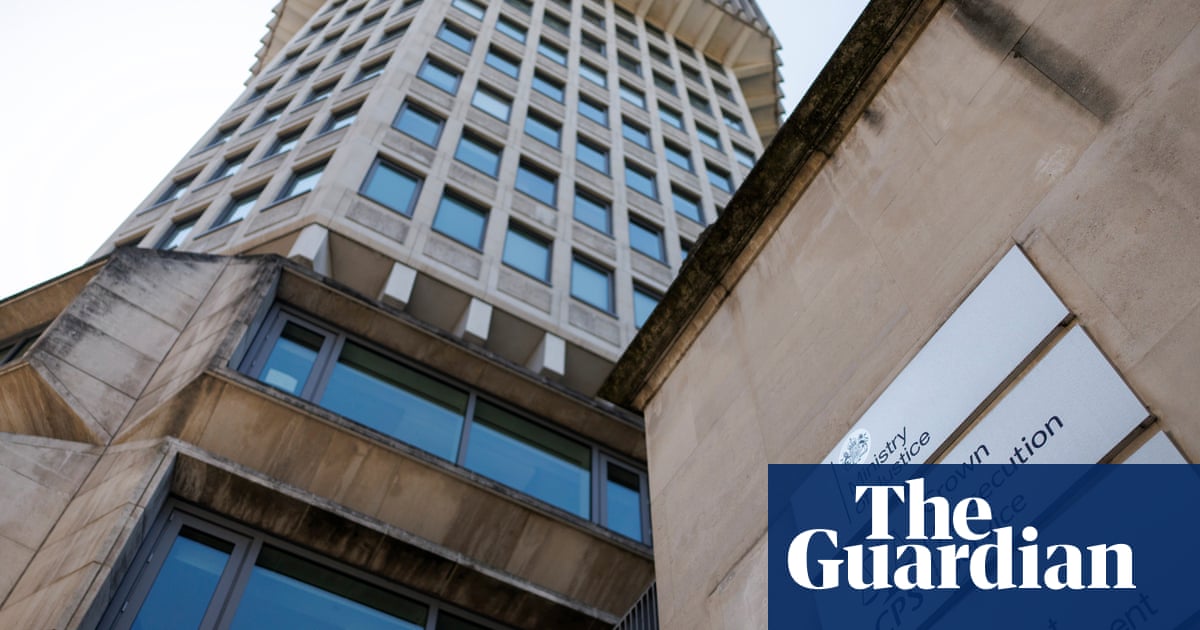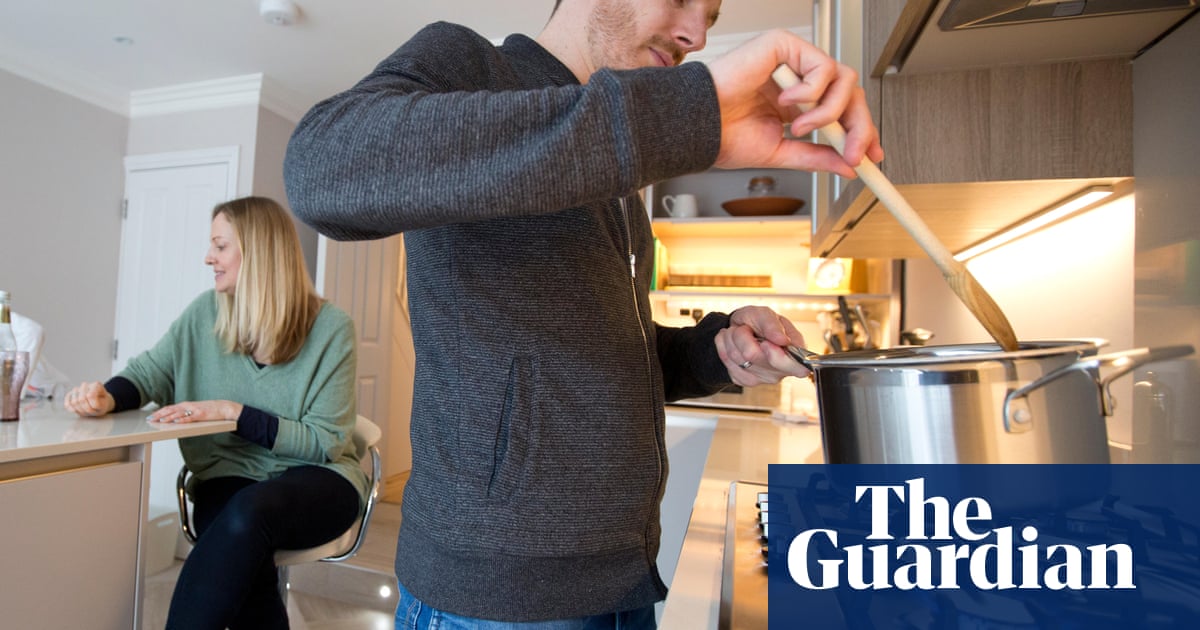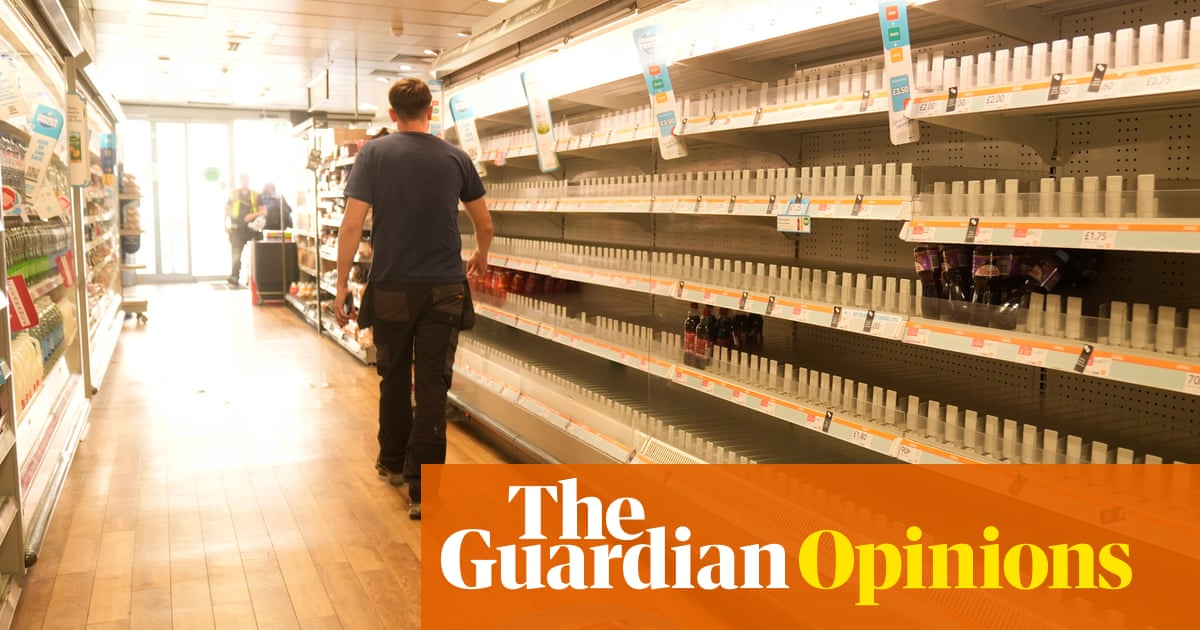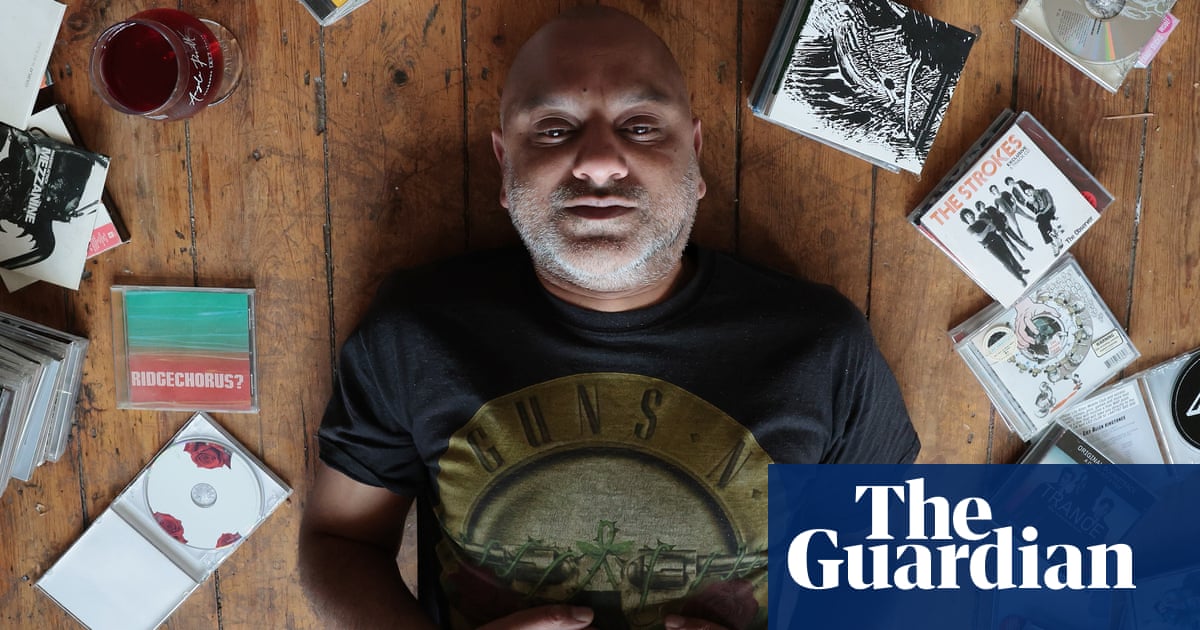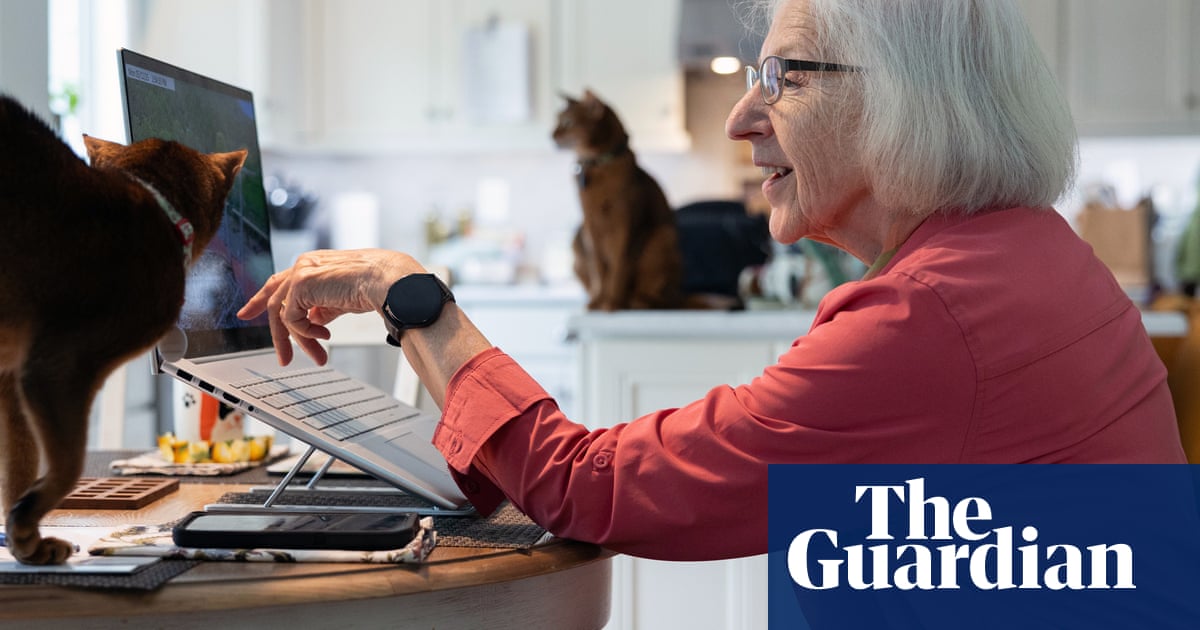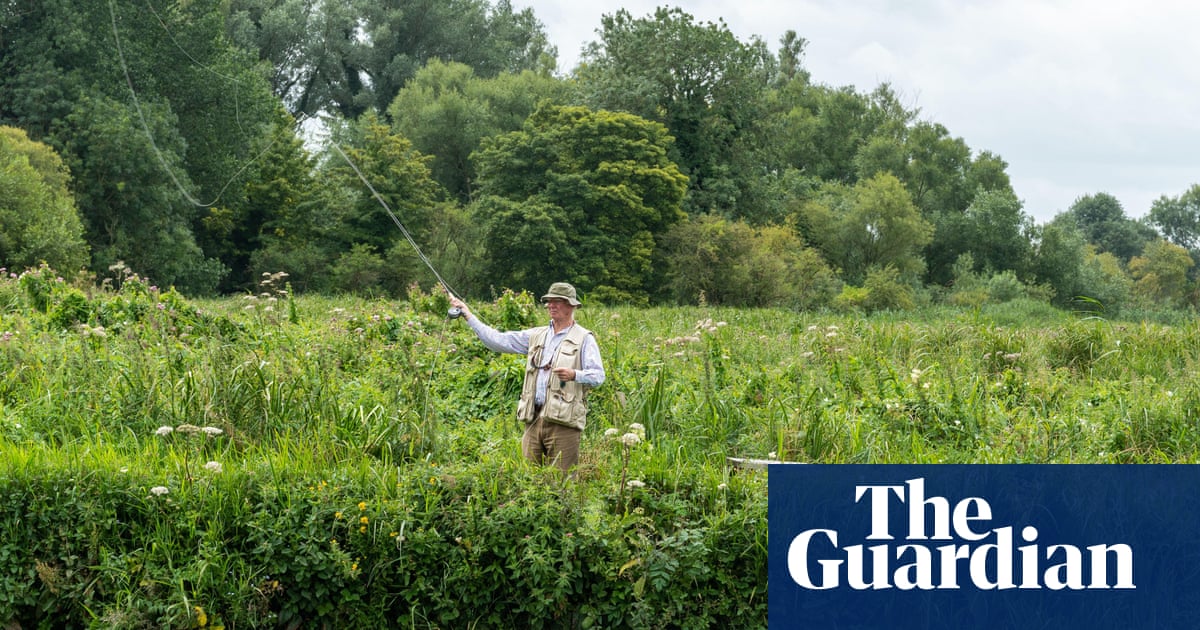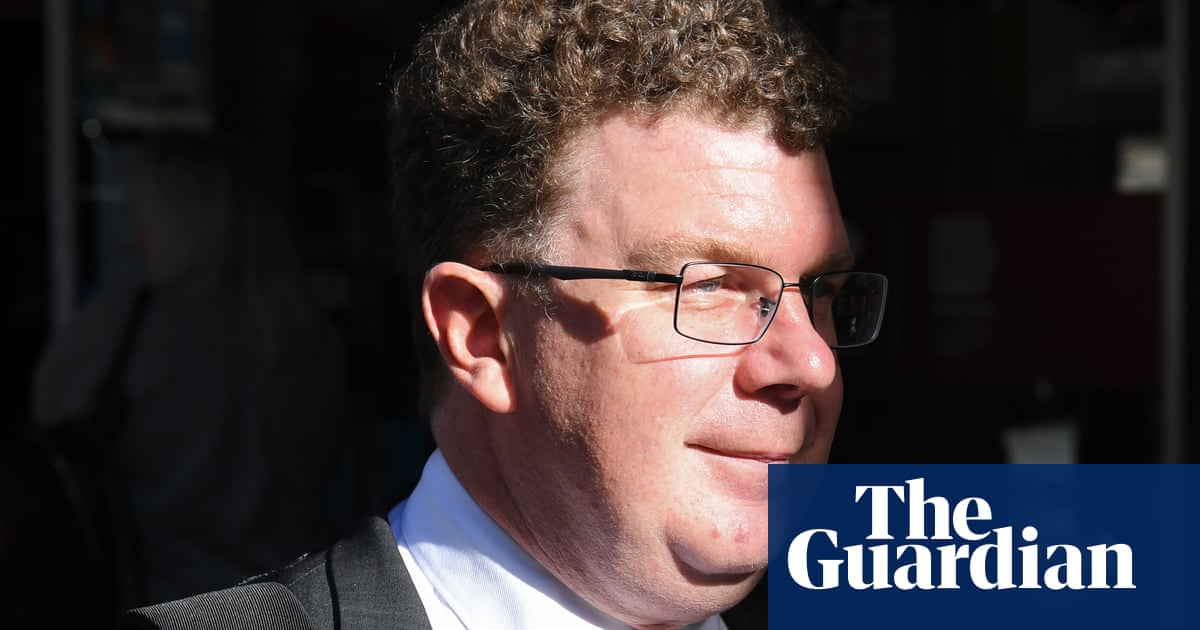Millions of households are braced for higher costs from this week, as energy, water and council tax bills are poised to rise, raising fears of a deepening cost of living crisis.
The regulator Ofgem has said the energy price cap will rise by £111 from April to £1,849-a-year for a typical dual-fuel household in Great Britain.
Council tax, which varies by area, can be raised up to 4.99% a year, although this year the government has granted six English local authorities permission to introduce rises of up to 9.99%. The Resolution Foundation thinktank has concluded that struggling poorer households will be hit disproportionally by increases.
The increases in household bills come less than a week as the chancellor, Rachel Reeves, unveiled a package of welfare cuts. The Department for Work and Pensions estimates the cuts to health and disability benefits will push an additional 250,000 people, including 50,000 children, into relative poverty after housing costs by 2029-30.
Dozens of people got in touch with the Guardian to share what rising living costs will mean for their households.
‘Everything is going up faster than my income’
Elisabeth, a retired 71-year-old who rents privately in Marlborough, is facing increases in her Thames Water bill, electric bill and council tax but has a largely fixed income.
“It will mean that I have to stretch my pension further to make ends meet,” she says. “I’ll have to cut back on heating and find ways to reduce my food bill.”
Elisabeth says she already uses electric storage heaters and uses very little water. “I don’t shower as often as I used to, I do what I call a bird bath – you fill the sink and just wash the essentials,” she says, adding that she has made changes to cut back on non-essentials.
“I don’t send birthday cards, I used to for the grandchildren. Cards, even in the charity shops, last year they were £1 and this year they’re £1.40 – that’s a 40% increase,” she says.
She adds that she “very angry” after voting Labour as the party appears to have “shifted their values closer to the Conservatives”, and urges the government to tackle inequality, which is “destroying the social fabric”.
Elisabeth, who went through a divorce five years ago, says she is watching her savings diminish. “Life is hard,” she says. “I never thought I would be so financially insecure at this stage in my life.”
‘We already live close to the bone’
With his two sons now 18 and 16, life for single parent Anthony Rowles, 46, in Hove is becoming trickier.
Soon, his eldest will leave full-time education, hitting the household with two more costs: reducing Rowles’s universal credit (he says he works about 25 hours a week as a chef) and ending their single occupancy discount for council tax.
On top of that, water, gas and electric and council tax are all to rise. “We already live close to the bone,” he says. “I don’t smoke, I don’t drink, I don’t drive, I don’t really go out anywhere, I rarely buy new clothes, and I always seem to be basically on my knuckles at the end of every month.”
Labour has so far produced “more of the same of the past 15 years”, Rowles says. The problem with work, he adds, is not high welfare cost but low wages.
Although he says his boss is understanding, he feels his pay for shifts at the pub kitchen are too low.
He says that “wages are so depressed” that if he increased his hours to 40 a week, which would reduce his universal credit, it would only bring in about £20 extra, plus he would be forced to pay for things such as travel and childcare anyway.
“I understand the economic need for [cuts] given the state of what happened through Covid,” he says, but “every penny I get [in universal credit] goes out the door back into the economy”.
after newsletter promotion
‘Do Labour not understand how mental health works?’
Daniel is 34 years old and lives alone in a flat in Cornwall. He gets his income from universal credit and personal independence payments (Pip) and is signed off work because of complex post-traumatic stress disorder.
His council tax is rising by 5%. Daniel says it is already “absolutely stressful” to balance his rent, bills, living expenses and the costs of seeing a private psychologist, which he hopes will enable him to work again.
“I make sure I always pay my bills first, I try to make sure there’s enough for food,” he says, adding that it has a knock-on effect on his health.
“I have a choice: do I go for junk food, or healthy food? Unfortunately, I have to go for the cheaper option.” For instance, he will buy two microwavable cheeseburgers for £2. “That will potentially help me for two days, but at the same time I’m eating something that isn’t good,” he says.
The government has announced plans to change the welfare system that will mean up to 1.2 million people with disabilities could lose thousands of pounds a year. Daniel says he would like to be employed again but is fearful that the planned cuts will punish people who are off work for mental health reasons.
“Do they not understand how mental health works?” he says. “I could have a fantastic day where I’m smiling and able to do stuff, but on the majority of days, I can be banging my head against the wall, freaking out.”
‘You can almost feel the poverty in the air’
When Jan and her partner bought their home in Birkenhead in 2006, she recalls a time of hope and opportunity. Liverpool was about to be European capital of culture 2008 and the economy was steadily growing.
Today, she says, it is completely different. Birkenhead “looks seriously in decline, you can almost feel the poverty in the air as you walk around, which is sad really”, she says.
Jan’s council tax will rise by 5%, to £3,440.18. She says the tax is unfair because it is based on 1991 valuations in England. “It’s become a poll tax, it’s nothing to do with property value any more,” she says, adding that she has tried to appeal her council tax band to lower her payments, but overall the system needs reform.
Jan says she is bracing herself for more bill rises. “It just feels relentless,” she adds.

.png) 1 month ago
29
1 month ago
29
